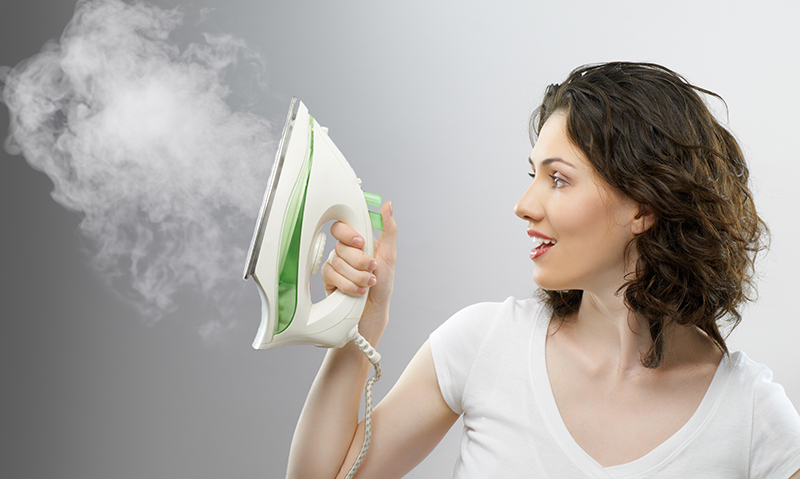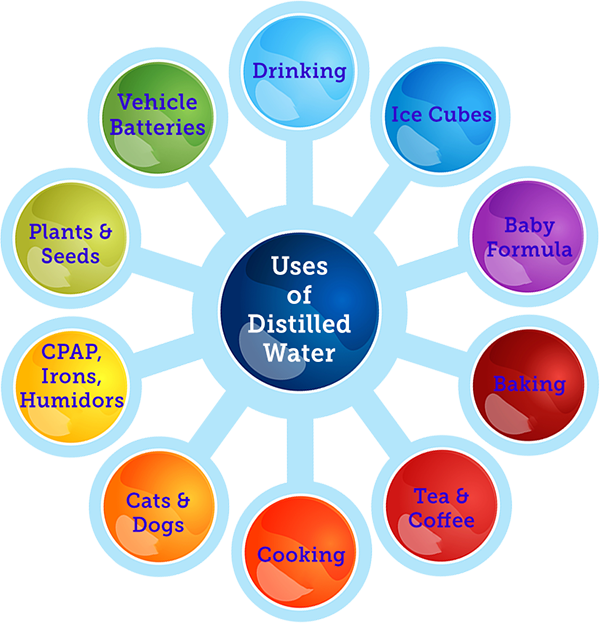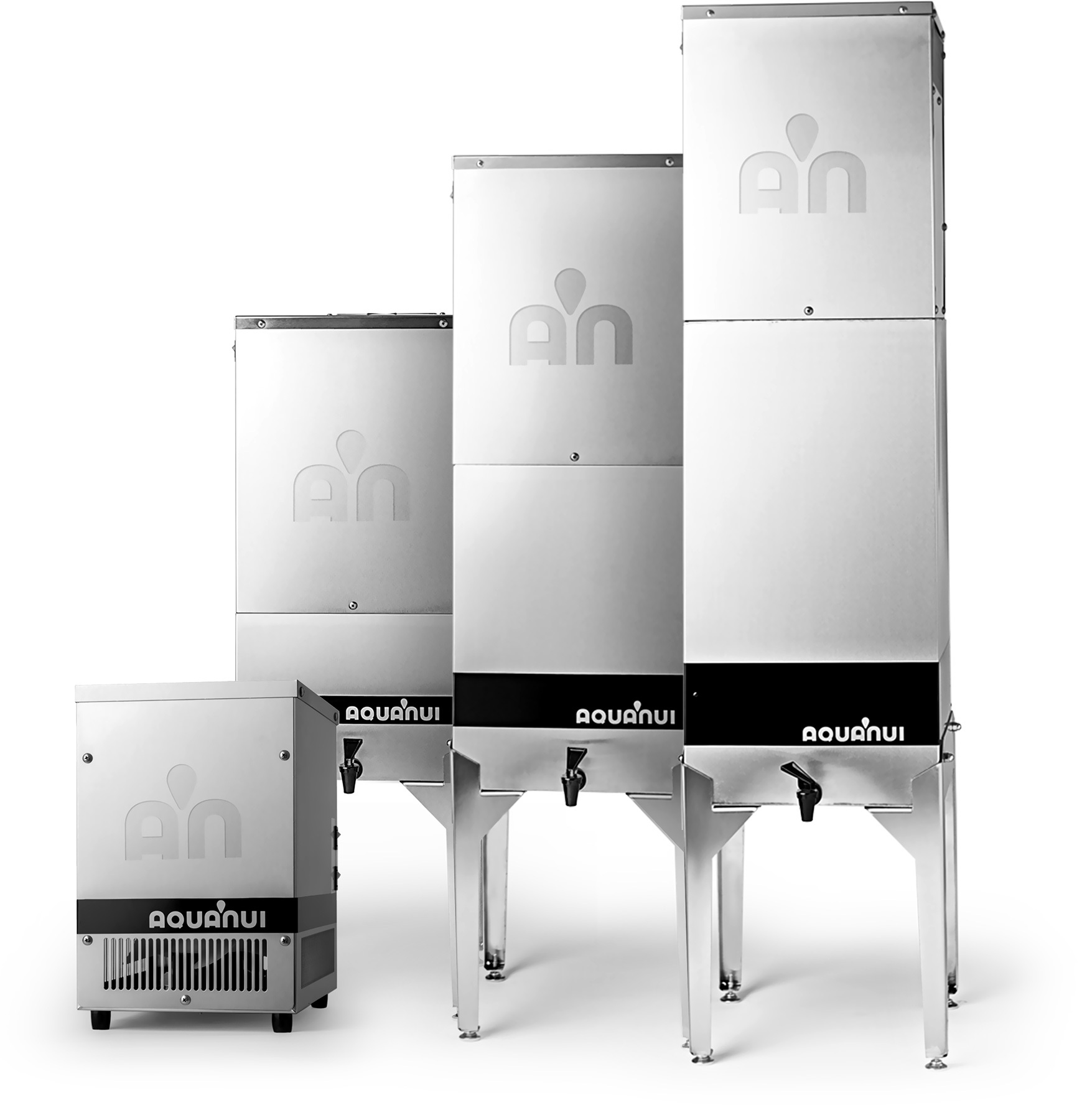Using distilled water in your iron is not just a recommendation; it’s a practice that can significantly extend the life and performance of your appliance. Let’s explore why distilled water is so crucial for irons and how this versatile liquid can be beneficial in various applications.
What is Distilled Water?
Distilled water has undergone a purification process known as distillation, which involves boiling the water and then condensing the steam back into a liquid, effectively removing minerals, impurities, and contaminants. The result is exceptionally pure water, devoid of the minerals found in tap water, such as calcium and magnesium.
Why You Should Use Distilled Water for Irons
The use of distilled water in irons is highly recommended for several reasons:
- Prevents Mineral Build-up: Regular tap water contains minerals that can accumulate inside your iron, leading to clogs and reduced efficiency. Distilled water, being mineral-free, prevents this build-up, ensuring that your iron remains clean and functional for longer.
- Enhances Iron Performance: Distilled water allows the iron to produce steam more effectively without the risk of mineral deposits. This results in better ironing results with smoother, wrinkle-free fabrics.
- Reduces Maintenance Needs: Using distilled water minimizes the need for frequent cleaning and maintenance of your iron, saving time and extending your appliance’s lifespan.
What Other Appliances Use Distilled Water
Distilled water is not just beneficial for irons; it’s also used in various other appliances:
- Steam Cleaners and Mops: Similar to irons, these appliances benefit from distilled water to prevent mineral build-up and maintain efficiency.
- Humidifiers: Using distilled water in humidifiers prevents the release of minerals into the air, which can be harmful when inhaled and can leave white dust around the room.
- CPAP Machines: For those using CPAP machines for sleep apnea, distilled water is recommended to prevent mineral deposits and bacterial growth in the humidification chamber.
- Automotive Cooling Systems: In vehicles, distilled water mixed with antifreeze helps prevent corrosion and scale build-up inside the cooling system.
Other Uses of Distilled Water
Beyond household appliances, distilled water finds its use in various other applications:
- Distilled Water for Drinking: One fantastic use of distilled water is for pure drinking water, cooking, ice cubes, baking, and drinks like tea or coffee.
- Distilled Water for Baby Formula: Did you know that distilled water is recommended for baby formula? Distilled water keeps babies safe by removing harmful contaminants that would otherwise enter their small bodies.
- Laboratory and Medical Use: Due to its purity, distilled water is used in laboratories for experiments and medical facilities for sterilization and cleaning purposes.
- Aquariums: Distilled water is preferred for aquariums, particularly for sensitive aquatic life, as it is free from harmful chemicals and heavy metals in tap water.
- Cosmetic and Skincare Products: In the beauty industry, distilled water is often used as a base for cosmetics and skincare products due to its purity and neutrality.
- Distilled Water for Plants: Some plants that are sensitive to chemicals in tap water may benefit from being watered with distilled water.
- Photographic Development: In photography, particularly in film processing, distilled water is used to prepare developer solutions and wash films, as it doesn’t leave mineral spots.
- Food Processing: Manufacturers use distilled water when making soups or other foods to ensure that the food being produced is not contaminated with nitrates, chlorine, lead, iron or even pesticides.
Distilled water is an essential companion for your iron, its uses extend beyond fabric care. Its purity makes it a versatile choice for various applications, from household appliances to medical and laboratory settings to drinking water. By understanding the benefits and multiple uses of distilled water, you can make informed choices that enhance the performance of your appliances and contribute to specific needs in different areas of your life.


